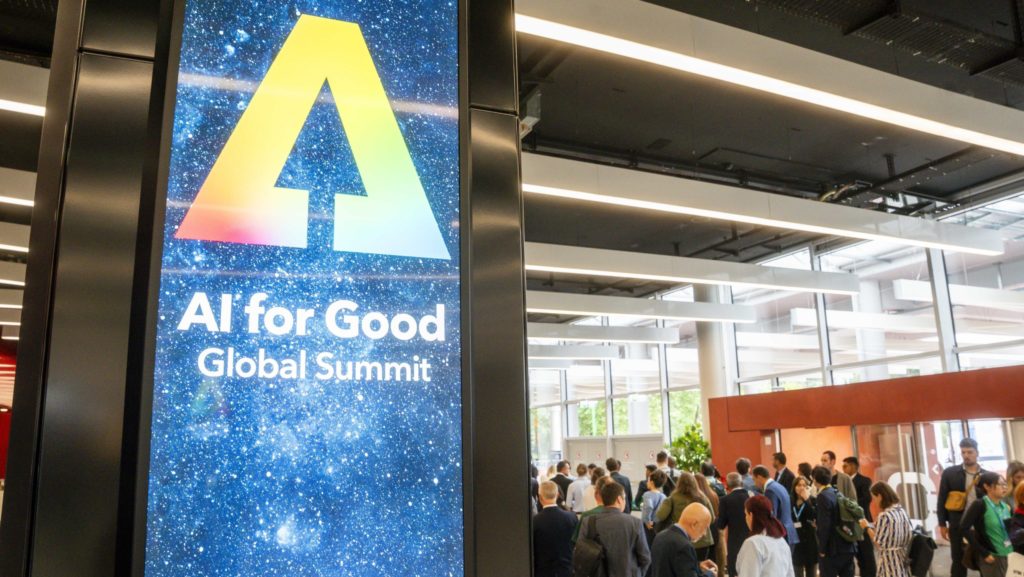Pope Leo XIV urged global leaders and experts to establish a network for the governance of AI and to seek ethical clarity regarding its use.
Artificial intelligence "requires proper ethical management and regulatory frameworks centered on the human person, and which goes beyond the mere criteria of utility or efficiency," Cardinal Pietro Parolin, Vatican secretary of state, wrote in a message sent on the pope's behalf.
The message was read aloud by Archbishop Ettore Balestrero, the Vatican representative to U.N. agencies in Geneva, at the AI for Good Summit 2025 being held July 8-11 in Geneva. The Vatican released a copy of the message July 10.
The summit, organized by the International Telecommunication Union in partnership with some 40 U.N. agencies and the Swiss government, focused on "identifying innovative AI applications, building skills and standards, and advancing partnerships to solve global challenges," according to the event's website.
"Humanity is at a crossroads, facing the immense potential generated by the digital revolution driven by Artificial Intelligence," Cardinal Parolin wrote on behalf of the pope.
"Although responsibility for the ethical use of AI systems begins with those who develop, manage and oversee them, those who use them also share in this responsibility," he wrote.
"On behalf of Pope Leo XIV, I would like to take this opportunity to encourage you to seek ethical clarity and to establish a coordinated local and global governance of AI, based on the shared recognition of the inherent dignity and fundamental freedoms of the human person," Cardinal Parolin wrote.
"This epochal transformation requires responsibility and discernment to ensure that AI is developed and utilized for the common good, building bridges of dialogue and fostering fraternity, and ensuring it serves the interests of humanity as a whole," he wrote.
When it comes to AI's increasing capacity to adapt "autonomously," the message said, "it is crucial to consider the anthropological and ethical implications, the values at stake and the duties and regulatory frameworks required to uphold those values."
"While AI can simulate aspects of human reasoning and perform specific tasks with incredible speed and efficiency, it cannot replicate moral discernment or the ability to form genuine relationships," the papal message said. "Therefore, the development of such technological advancements must go hand in hand with respect for human and social values, the capacity to judge with a clear conscience and growth in human responsibility."
Cardinal Parolin congratulated and thanked the members and staff of the International Telecommunication Union, which was celebrating the 160th anniversary, "for their work and constant efforts to foster global cooperation in order to bring the benefits of communication technologies to the people across the globe."
"Connecting the human family through telegraph, radio, telephone, digital and space communications presents challenges, particularly in rural and low-income areas, where approximately 2.6 billion persons still lack access to communication technologies," he wrote.
"We must never lose sight of the common goal" of contributing to what St. Augustine called "the tranquility of order," and fostering "a more humane order of social relations, and peaceful and just societies in the service of integral human development and the good of the human family," the cardinal wrote.

